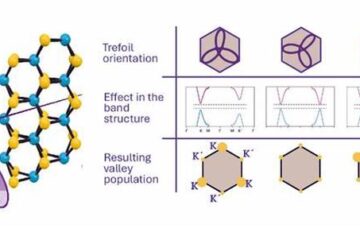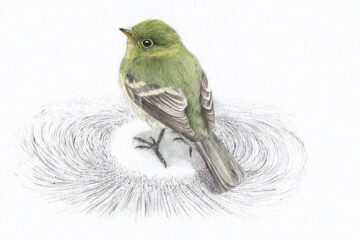Call to bridge the digital divide

Dr Kieron O' Hara at the University's School of Electronics and Computer Science (ECS) presented a paper entitled Digital Divides and Web Science at the Lisbon Research and Policy Workshops on Science, Technology and Social Change, organised by the Portuguese Presidency of the European Union, which took place at the Portuguese Communications Foundation, Lisbon on 29-30 October.
In his talk, Dr O'Hara called for a better understanding of how ICTs can accelerate bridging the digital divide in the future. He argued that there is not one “digital divide” but actually several divides, between young and old, rich and poor, trained and untrained, etc. Furthermore, much depends on what computers can, or should, be used for: communication, or personal use, or to play a full part in community life. He made this argument in a recent well-received book inequality.com.
He also suggested that Web Science, the study of the Web from several different angles, as launched by The Web Science Research Initiative of the University of Southampton and the Massachusetts Institute of Technology, is an important part of the effort, combining as it does, science, social science and engineering.
Media Contact
All latest news from the category: Information Technology
Here you can find a summary of innovations in the fields of information and data processing and up-to-date developments on IT equipment and hardware.
This area covers topics such as IT services, IT architectures, IT management and telecommunications.
Newest articles

Targeted use of enfortumab vedotin for the treatment of advanced urothelial carcinoma
New study identifies NECTIN4 amplification as a promising biomarker – Under the leadership of PD Dr. Niklas Klümper, Assistant Physician at the Department of Urology at the University Hospital Bonn…

A novel universal light-based technique
…to control valley polarization in bulk materials. An international team of researchers reports in Nature a new method that achieves valley polarization in centrosymmetric bulk materials in a non-material-specific way…

How evolution has optimised the magnetic sensor in birds
The magnetic sense of migratory birds is probably based on the protein cryptochrome 4, and a genetic study has now provided further support for this theory. A team of researchers…





















